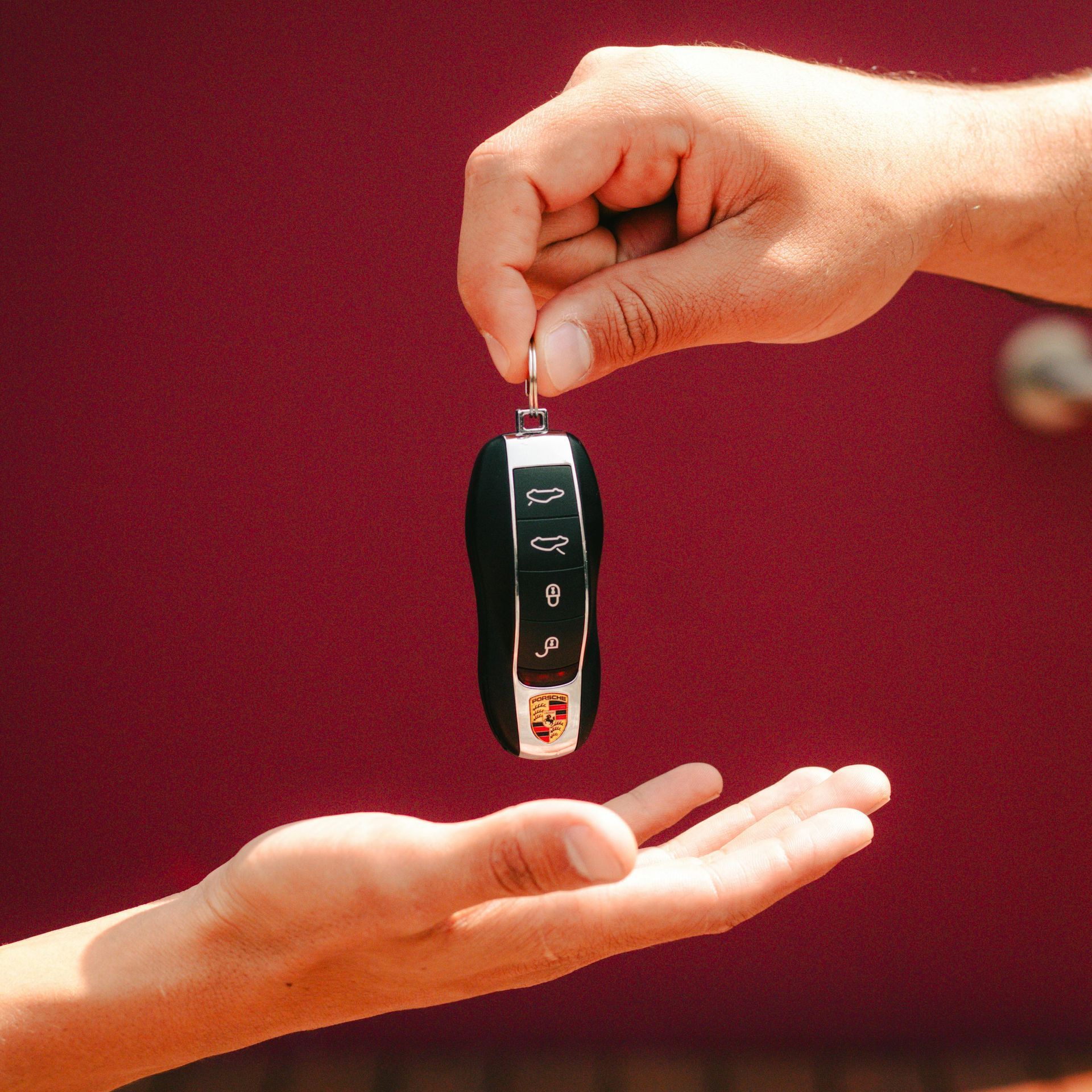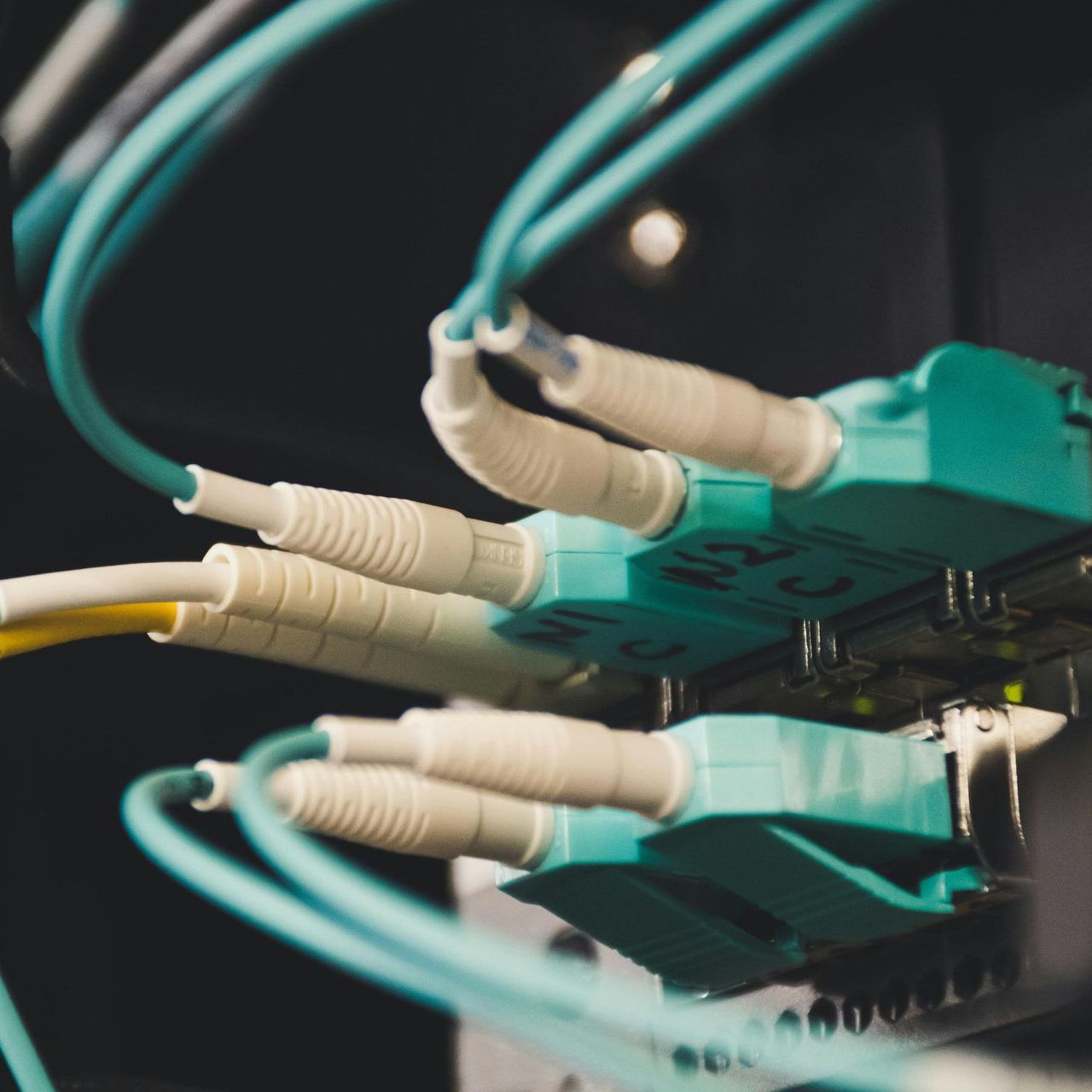Sign up to our newsletter
New Car? Think Again: Why Used Might Be the Better Choice
In The Market For a Vehicle
I recently found myself in the market for a new vehicle after an unfortunate highway encounter with an elk. While I've owned over 40 cars, I've learned a lot about the best ways to approach car buying. In this post, I'll share my insights on why buying used can be a smart financial decision and how to navigate the car-buying process.
The Benefits of Buying Used

One of the biggest advantages of buying used is that you can avoid the initial depreciation hit. By purchasing a 1- to 3-year-old off-lease vehicle, you're essentially buying a vehicle after somebody else has paid for a large part of the depreciation. This can save you thousands of dollars.
Doing Your Research
Before you even step foot in a dealership, it's crucial to do your research on your budget, the vehicle, and the dealership.
Define Your Needs:
Cars don’t last forever, but at least consider your lifestyle and plans for the next 3-5 years. A small sedan or 2-seat pickup truck might be perfect now, but what about future need for an infant car seat or a growing family with sports gear? Will you be moving to a place that requires a different type of vehicle, like all wheel drive? Do you really need 400 horsepower and the highest trim package?
Set a Budget:
Determine how much you can afford to spend considering the total cost of ownership. This includes monthly payments, insurance, sales tax, personal property tax in some states, and potential maintenance costs including washing it.
**Pro tip – silver and light grey cars don’t show dirt as much as other colors so don’t need to be washed as often to look good. But don’t let it go too long -- a clean, shiny car increases safety because it is more visible to other drivers.
Even with all of the vehicles I have owned, I still get surprised sometimes. I once bought a used 2011 Ford Focus SE. I really liked everything about that car – reliable, good fuel economy, inexpensive to insure… but when it was time to put tires on it, realized that it specified a high performance tire with a high speed rating that was more expensive than a “normal” tire. I had never thought about high performance tires on a Focus or to look at the cost of replacing them.
Research Models:
Use online resources like Edmunds, Kelley Blue Book, and Consumer Reports to compare features, reliability ratings, and pricing. Autotrader is a great site to review options, availability, and prices.
The Art of Negotiation

Know Your Worth:
Be confident in your negotiations. Research fair market prices for the vehicle you want. You are smart, informed, and demand respect from others. If you don't think you can do it alone, ask somebody with experience to go with you.
The Trade-In Dilemma:
If you're trading in a vehicle, negotiate its value separately from the new car purchase. In some states there is a tax advantage when you trade in your current vehicle versus selling it on your own in a separate transaction. On the other hand, if you can sell it yourself you may get more money for it.
Resist the Upsells:
While additional features can be tempting, be mindful of their impact on the overall cost. You will be asked if you want options added to the vehicle – extended warranty, tire warranty, windshield protection, GAP insurance, dent removal coverage, paint chip protection, interior protection, accessories such as mudflaps, heavy duty floormats, and others.
My experience with upsells: Read the contracts! Every one of these warranties (note that they are not insurance policies) have a written contract stating the coverage and the hoops that you have to jump through to use them. Take your time to review them and understand them. In my experience, the people selling them do not understand them and they do not have to live with your decision to purchase.
I have purchased a Certified Pre-Owned (CPO) warranty before, and it was a good value to me in comfort. Looking back though, I never had any repairs done under the warranty so I gambled and lost that time. I would do it again in certain conditions though. On my current vehicle I refused the CPO warranty because the cost was higher than any reasonably foreseeable warranty claim that I would make.
Paintless Dent Removal:
I have had this on very expensive vehicles because the cost was low, like $400 for 6 years or something. On an older car with a few bruises I would not bother with it. I recently had 3 large dents repaired and paid $300 out of pocket.
Tire Warranty:
I usually get this if the cost is worth it. I use 10% of the value of the tires as an approximation of what I will pay. A $250 tire with $20 warranty is worth it to me. An $80 tire with a $20 warranty is not.
Interior Protection Warranty:
I don't see a value in the interior protection warranty. Auto manufacturers are very diligent in selecting materials that do not stain, tear, or fade. If you have pets or children, you can purchase seat covers separately and save a lot of money.
I do, however, recommend rubberized floormats if you are going to be near a lot of sand or mud. My wife and I like to explore off the beaten path and hike in CO and UT, so we track mud into the vehicle. These mats are well worth it to protect the carpet and make cleanup easier.
Exterior Protection:
There are plastic films and ceramic treatments that can protect your vehicle from paint chips. As a rule of thumb, I estimate $500 as the cost to paint an entire door, hood, or bumper. If the vehicle is in pristine condition I may consider a plastic film, but I also do not like the way that they look. I personally prefer no plastic film and just have chips repainted periodically.
Glass Protection:
Your car insurance may cover glass repair with a deductible. My car insurance covers small glass repairs at no charge and will replace the entire windshield for a $500 deductible without impacting my premium. I have purchased glass protection warranty before but would not do it again because the cost is equivalent to 6 windshields through my insurance company. Check the details of your car insurance - their coverage may be better than one of these warranty packages and you are already paying for it!
My suggestion for these is that if you find them to be a good value for you, pay cash for them. They do not intrinsically increase the value of the vehicle, but they will increase the size of the loan. Also, they are not as valuable if you are paying interest on them by rolling the cost into the cost of the vehicle. I suggest taking the money you would spend on these and applying it to your down payment instead. As mentioned in the section about the term, you don’t want to ever be "underwater," which is a position where you can not sell the vehicle to pay off the balance of the loan.
There are many online sites that can guide you through the negotiation process and pitfalls. I encourage you to review those and take somebody experienced with you if you feel uncertain. My advice here is threefold: First, do not make an emotional decision; this is a transaction and nothing more. Second, do not be afraid to walk away. I can assure you that they will not stop making cars that you like and you can buy a different one. Third, and most importantly, always keep in mind that you have value. You set the pace of the negotiation. Do not allow the dealer to fast talk you, disrespect you, gaslight you, or bully you. If you are not comfortable, leave the dealership and think about it.
Financing Your Vehicle
Cash is King: If possible, pay cash to avoid interest charges.
Low-Interest Loans: If you need financing, aim for a low-interest rate. If you don't have the cash or want to keep your cash in a rainy day fund that earns interest, it may make sense to finance. Your credit score will indicate the interest rate that you can get. Dealerships can arrange financing, but they also get paid by banks to do it, which means that you are paying more than minimum necessary. I suggest working with your bank to pre-approve a loan and going into the negotiation with that information. If the dealer can do better that is fine, but if not you know where you stand and can negotiate with confidence.
Lease vs. Buy: Consider the pros and cons of leasing and buying. Leases offer lower monthly payments but no ownership at the end of the term. I have never leased a vehicle because it has never made sense for my lifestyle, but I know many people who have had good experiences doing it.
Conclusion

Buying a car can be a complex process, but by following these tips, you can make informed decisions and save money. Remember, the key is to take your time, do your research, and negotiate wisely.
Additional Tips:
Pre-Purchase Inspection: Have a trusted mechanic inspect the vehicle before you buy it.
Read the Fine Print: Carefully review all contracts and financing agreements.
Stay Calm and Patient: Don't rush into a decision.
By following these guidelines, you can find the perfect vehicle that fits your budget and lifestyle.
Comment below if you are curious about more detail or think I missed anything!





